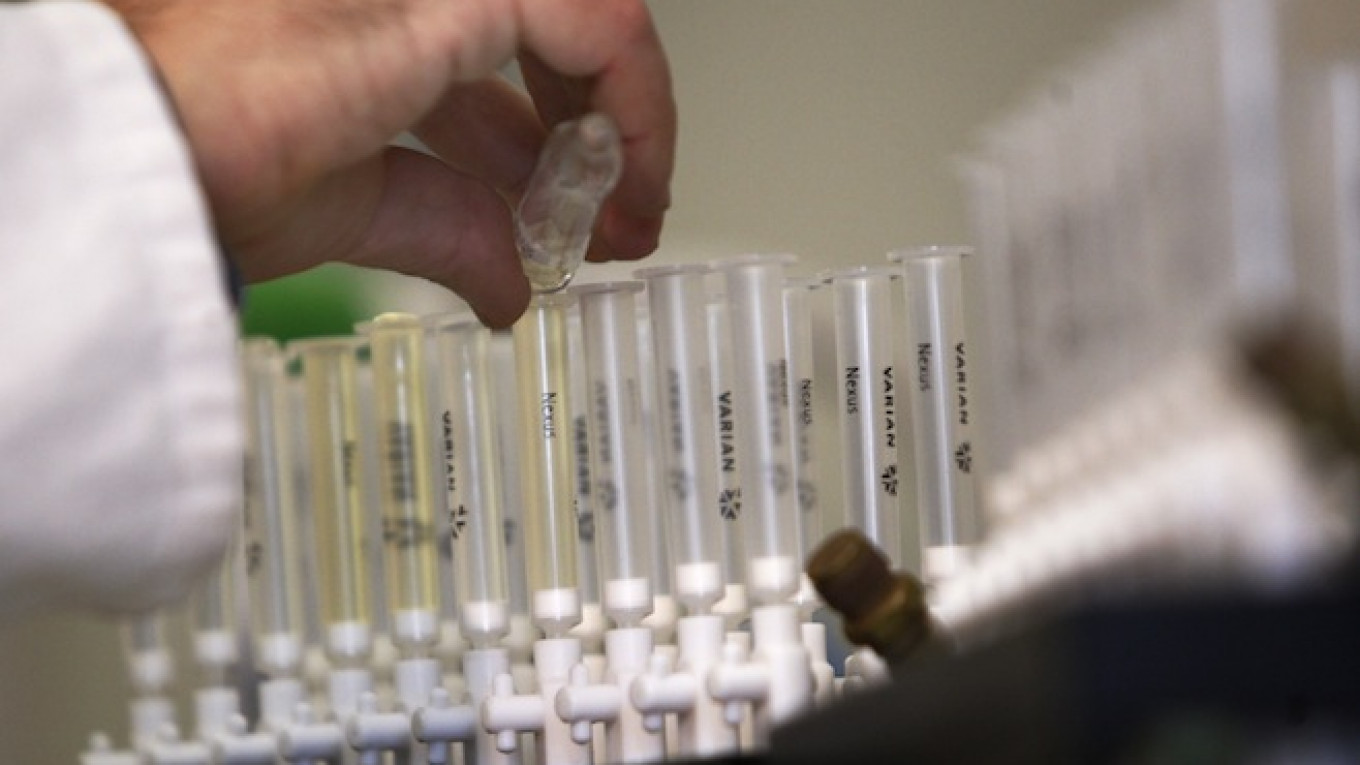The World Anti-Doping Agency (WADA) has recorded 123 positive doping tests for meldonium since it was added to the agency’s list of prohibited substances on Jan. 1, according to WADA spokesman Ben Nichols, the Interfax news agency reported Friday.
The drug — which trades under the name Mildronate and is made in Latvia — was widely distributed among Russian athletes.
On Monday, the R-Sport news agency reported that Russian athletes from more than 10 sports tested positive for meldonium in around 40 doping tests between January and February this year.
The names of 15 Russian athletes involved have already been released to the public, including tennis star Maria Sharapova, figure skater Yekaterina Bobrova, and speed-skating Olympic gold medallist Semyon Elistratov as well as four track and field athletes.
A Message from The Moscow Times:
Dear readers,
We are facing unprecedented challenges. Russia's Prosecutor General's Office has designated The Moscow Times as an "undesirable" organization, criminalizing our work and putting our staff at risk of prosecution. This follows our earlier unjust labeling as a "foreign agent."
These actions are direct attempts to silence independent journalism in Russia. The authorities claim our work "discredits the decisions of the Russian leadership." We see things differently: we strive to provide accurate, unbiased reporting on Russia.
We, the journalists of The Moscow Times, refuse to be silenced. But to continue our work, we need your help.
Your support, no matter how small, makes a world of difference. If you can, please support us monthly starting from just $2. It's quick to set up, and every contribution makes a significant impact.
By supporting The Moscow Times, you're defending open, independent journalism in the face of repression. Thank you for standing with us.
Remind me later.






